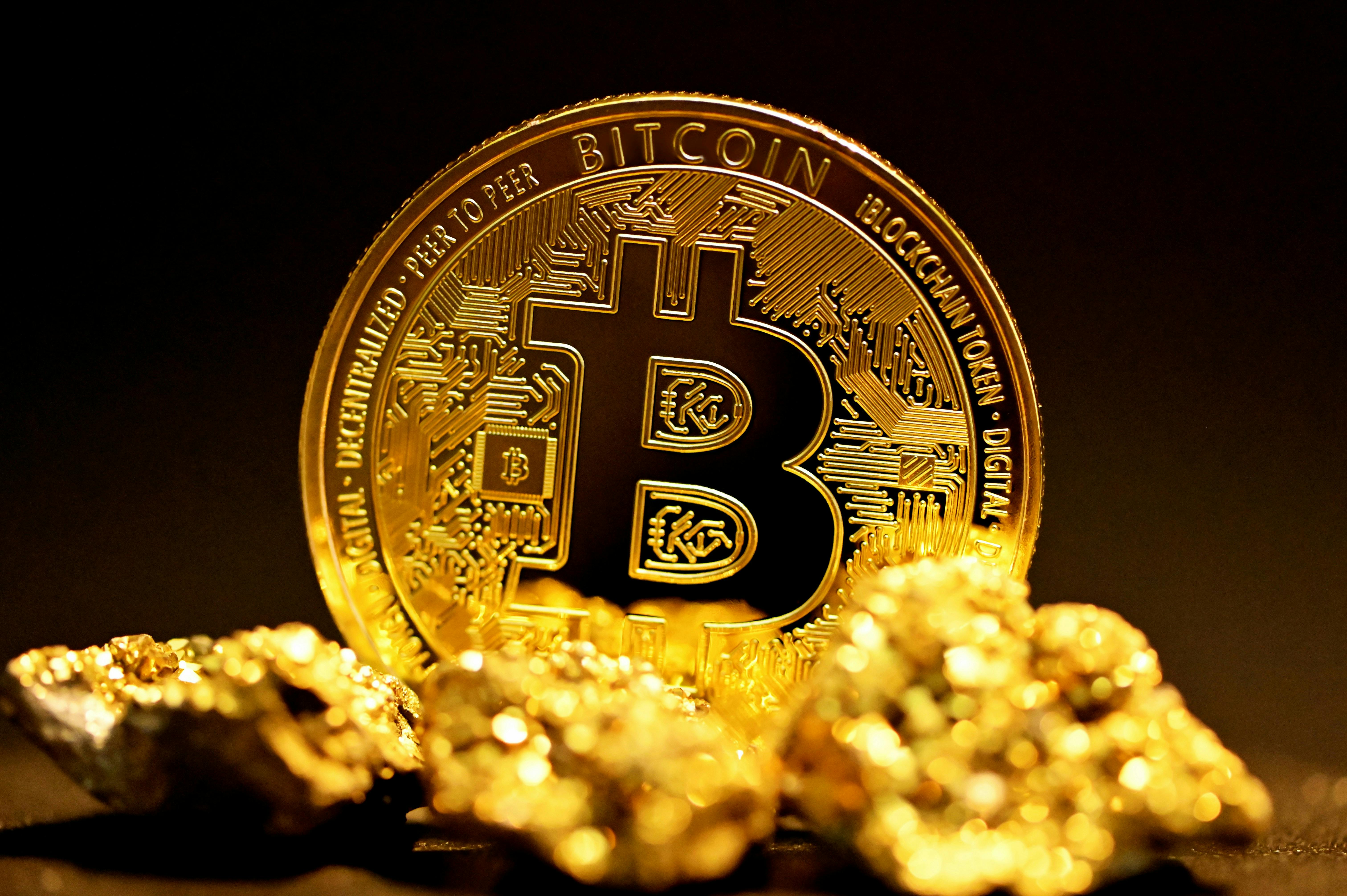- Other nations, like the U.S., El Salvador, and Pakistan, are exploring or implementing sovereign Bitcoin strategies.
- Bitcoin shares key traits with gold and aligns with Swiss values of neutrality, decentralization, and freedom.
- The SNB already holds indirect Bitcoin exposure.
Switzerland has long been a beacon of financial stability, geopolitical neutrality, and disciplined monetary policy. With a reputation built on conservative economic governance and institutional independence, few nations are as globally synonymous with trust and sound money. But even the steadiest ships must occasionally adjust their sails. As digital assets continue to mature, and as central banks globally explore their potential, Switzerland faces a critical question: should the Swiss National Bank (SNB) allocate a portion of its reserves to Bitcoin? This once-radical notion has now entered mainstream policy debate, thanks to a constitutional initiative filed by Swiss citizens calling for Bitcoin to become part of the nation’s monetary reserves.
A People's Initiative for Strategic Bitcoin Reserves
In Switzerland, direct democracy is not a slogan but a living process. Citizens have the right to propose constitutional amendments through a “popular initiative,” provided they gather 100,000 valid signatures within 18 months. In early 2024, such an initiative was officially launched, entitled: "For a Financially Strong, Sovereign, and Responsible Switzerland (Bitcoin Initiative)."
The proposed amendment would require the SNB to hold part of its reserves in gold and Bitcoin. The text does not specify a precise allocation to Bitcoin, leaving it to policymakers and future debates. While the initiative's primary goal is to spark national conversation, its implications are profound. If successful, it would enshrine in the Swiss Constitution a mandate to diversify monetary reserves and to recognize Bitcoin as a strategic monetary asset. The collection period for signatures runs through June 2026. But the conversation has already begun.
A Global Trend: Central Banks and Bitcoin Reserves
Switzerland is not alone in considering this path. Around the world, governments and institutions are beginning to treat Bitcoin not merely as a speculative asset but as a strategic reserve instrument.
- United States: Former Trump administration officials have floated the idea of establishing a sovereign Bitcoin reserve, leveraging assets seized by federal agencies. Senator Cynthia Lummis has publicly stated her support for the U.S. government to acquire at least one million BTC, emphasizing its importance to national economic security.
- Czech Republic: The Czech central bank has expressed openness to including Bitcoin in its reserves, citing long-term strategic flexibility.
- El Salvador: Under President Nayib Bukele, El Salvador became the first country to adopt Bitcoin as legal tender and now holds a growing sovereign reserve.
- Pakistan: Recently announced plans to create a strategic Bitcoin reserve during the Bitcoin 2025 conference in Las Vegas.
- Bhutan: Quietly holds over 12,000 BTC.
- Russia: Is actively examining Bitcoin as a diversification tool amid financial sanctions.
- Sweden: A formal inquiry has been submitted to the Riksbank to explore adding Bitcoin to the country’s currency reserves.
Moreover, sovereign wealth funds across the Middle East and Asia are exploring Bitcoin as a hedge and growth asset. Switzerland, with its reputation as a forward-thinking financial hub, should not be late to this transformation.
Bitcoin and Switzerland: A Natural Fit
Bitcoin shares essential monetary characteristics with gold: scarcity, divisibility, durability, and neutrality. Like gold, Bitcoin is free from counterparty risk. But it goes further, offering borderless, programmable, and highly portable value storage. As an asset class, it is increasingly viewed not merely as speculative but as monetary infrastructure for the digital age.
This makes Switzerland an ideal candidate for adoption at the central bank level. The country has already embraced digital assets in practice:
- Zug’s Crypto Valley has become a global hub for blockchain innovation.
- Swiss private banks now offer Bitcoin custody and trading services to clients.
- Regulators have shown remarkable openness to crypto entrepreneurship.
Switzerland’s political culture, grounded in federalism and decentralization, aligns well with the ethos of Bitcoin. It’s no surprise that many Swiss citizens see in Bitcoin not a threat, but a natural extension of the country’s values: neutrality, independence, and responsible sovereignty.
SNB Pushback
Despite this favorable backdrop, the Swiss National Bank remains hesitant. SNB President Martin Schlegel has stated publicly that Bitcoin "does not meet the characteristics of a good currency" and referred to cryptocurrencies as a "niche phenomenon." From his perspective, it is not the central bank’s role to promote or hold cryptocurrencies.
Yet there is a notable contradiction: the SNB already holds indirect exposure to Bitcoin through equity stakes in publicly traded companies. For example, it owns shares in Strategy, a firm known globally for its aggressive Bitcoin accumulation strategy. Through such holdings, the SNB has exposure to Bitcoin’s price movements. This raises a critical question: If indirect exposure is acceptable through listed equities, why not a measured, direct reserve allocation?
The Bitcoin Initiative is not merely about technology, it’s about sovereignty, resilience, and future-proofing Switzerland’s financial architecture. The Swiss National Bank, long respected for its independence and foresight, has an opportunity to lead, not follow, this emerging paradigm. Rather than dismiss Bitcoin as a niche experiment, it could embrace it as a complement to gold, and a prudent, forward-looking asset in uncertain times.
The world is watching. The debate has started. And Switzerland has everything to gain from engaging with it seriously.


